JLPT N5 - Lesson 18 - Telling Date

How to describe the date in Japanese
In English telling the date may be very straightforward, say 1st January 2018, 2nd January 2018 and so on, just cardinal numbers used followed by month name and the year. However, when referring to the days of the month in Japanese, you’ll see there are some irregularities, for example, '20th day'is pronounced and written as 'はつか' instead of 'にじゅうにち'. In the picture above, you may need to take care of those days that appeared in red fonts. Here in this lesson, we will learn how to express the date in Japanese and how to refer to and pronounce the names of the days, months and years.Note: In this lesson, I will be using romaji and hiragana interchangeably.
Structure: Year-Month-Day
Let's say today's date is 1st January 2018, in Japanese, we can say 今日は2018年1月1日です 。[きょうはにせんじゅうはちねんいちがつついたちです。]Tomorrow is 2nd January 2018, which is in Japanese, 明日は 2018年1月2日です 。[あしたはにせんじゅうはちねんいちがつふつかです。]
Now let's break down the above sentences-
今日は [kyou wa] = today
明日は [ashita wa] = tomorrow
2018年 [nisen juu hachi nen] = year 2018
2月 [ni gatsu] = February
1日 [tsuitachi] = 1st day of the month
2日 [futsuka] = 2nd day of the month
です [desu] = the verb 'to be'
So, to tell the date in Japanese, now we need to know the names of the months, the names of the days of the week and the days of the month.
Names Of The Months
- 1月 [ichi gatsu] = January
- 2月 [ni gatsu] = February
- 3月 [san gatsu] = March
- 4月 [shi gatsu] = April
- 5月 [go gatsu] = May
- 6月 [roku gatsu] = June
- 7月 [shichi gatsu] = July
- 8月 [hachi gatsu] = August
- 9月 [ku gatsu] = September
- 10月 [juu gatsu] = October
- 11月 [juuichi gatsu] = November
- 12月 [juu ni gatsu] = December
The Days Of The Week
にち「日」 * げつ「月」 * か「火」 * すい「水」 * もく「木」 * きん「金」 * ど「土」Sun * Moon * Fire * Water * Wood * Gold * Earth(Soil)
- 日曜日 [nichi youbi] = Sunday (“Day of the Sun”)
- 月曜日 [getsu youbi] = Monday ("Day of the Moon")
- 火曜日 [ka youbi] = Tuesday ("Day of Fire")
- 水曜日 [sui youbi] = Wednesday ("Day of Water")
- 木曜日 [moku youbi] = Thursday ("Day of Wood")
- 金曜日 [kin youbi] = Friday ("Day of Gold")
- 土曜日 [do youbi] = Saturday ("Day of the Earth")
The days of the month
The rule is - Number + 日 (にち) but when pronounced, instead of 'にち' some (almost half) of the dates are pronounced as 'か' and the 1st of the month pronounced as 'ついたち'. This may be a bit difficult area for the beginners and need to take some care.- 1日 [tsuitachi] = 1st day of the month
- 2日 [futsuka] = 2nd day of the month
- 3日 [mikka] = 3rd day of the month
- 4日 ]yokka] = 4th day of the month
- 5日 [itsuka] = 5th day of the month
- 6日 [muika] = 6th day of the month
- 7日 [nanoka] = 7th day of the month
- 8日 [youka] = 8th day of the month
- 9日 [kokonoka] = 9th day of the month
- 10日 [touka] = 10th day of the month
- 11日 [juuichi nichi] = 11th day of the month
- 12日 [juuni nichi] = 12th day of the month
- 13日 [juusan nichi] = 13th day of the month
- 14日 [juu yokka] = 14th day of the month
- 15日 [juugo nichi] = 15th day of the month
- 16日 [juuroku nichi] = 16th day of the month
- 17日 [jushichi nichi] = 17th day of the month
- 18日 [juuhachi nichi] = 18th day of the month
- 19日 [juuku nichi] = 19th day of the month
- 20日 [hatsuka] = 20th day of the month
- 21日 [nijuuichi nichi] = 21st day of the month
- 22日 [nijuuni nichi] = 22nd day of the month
- 23日 [nijuusan nichi] = 23rd day of the month
- 24日 [nijuu yokka] = 24th day of the month
- 25日 [nijuugo nichi] = 25th day of the month
- 26日 [nijuuroku nichi] = 26th day of the month
- 27日 [nijuushichi nichi] = 27th day of the month
- 28日 [nijuuhichi nichi] = 28th day of the month
- 29日 [nijuuku nichi] = 29th day of the month
- 30日 [sanjuu nichi] = 30th day of the month
- 31日 [sanjuuichi nichi] = 31st day of the month
Practice
4th January 2018 = 2018年1月4日[にせんじゅうはちねんいちがつよっか]
6th May 2010 = 2010年5月6日
[にせんじゅうねんごがつむいか]
Wednesday 24th January = 一月二十四日 水曜日
[いちがつにじゅうよっかすいようび]
Past, Present and Future
Some relevant terms for days, weeks, months and years in past, present and future time frame:- おととい (一昨日)= the day before yesterday
- きのう / さくじつ (昨日)= yesterday
- きょう / ほんじつ (今日 / 本日)= today
- あした / あす (明日) = tomorrow
- あさって (明後日) = the day after tomorrow
- せんしゅう (先週) = last week
- こんしゅう (今週) = this week
- らいしゅう (来週) = next week
- せんげつ (先月) = last month
- こんげつ (今月) = this month
- らいげつ (来月) = next month
- きょうねん (去年) = last year
- ことし (今年) = this year
- らいねん (来年) = next year
- まいにち(毎日) = every day
- まいしゅう(毎週) = every week
- まいつき (毎月) = every month
- まいとし (毎年) = every year
More Practice with question words
なん ようび (何曜日)? = What day of the week?今日は、何曜日ですか? [きょうは, なん ようびですか?]= Today is which day of the week?
For example today is Tuesday, the answer will be きょうはかようびです。
なん = what and かん = the counter suffix for time-period. Now let's see the usage:
なんにちかん (何日間) ? = how many days?
Example: ふつかかん (二日間)= 2 days
Example: じゅうにちかん (十二日間) = 12 days
なんしゅうかん (何週間) = How many weeks?
Example: いっしゅうかん (一週間) = 1 week
Example: はっしゅうかん (八週間) = 8 weeks
なんかげつかん (何ヶ月間) = How many months?
Example: いっかげつかん (一ヵ月間) = 1 month
Example: ろっかげつかん (六ヵ月間) = 6 months
Example: じゅうっかげつかん (十ヵ月間) = 10 months
なんねんかん (何年間) = How many years?
Example: いちねんかん (一年間) = 1 year
Example:よねんかん (四年間) = 4 years
Example:はんとしかん (半年間) = half year
Some Other Useful Words
- たんじょうび (誕生日) = birthday, Example: おたんじょうびはいつですか?= When is your birthday?
- がんじつ (元日) = new year's day
- ふつかまえ (二日前) = 2 days ago
- いっかげつご (一ヶ月後) = after 1 month
JLPT N5 Resources: Vocabulary Lists:
- JLPT N5 Resources - Vocabulary List - 01
- JLPT N5 Resources - Vocabulary List - 02
- JLPT N5 Resources - Vocabulary List - 03
- JLPT N5 Resources - Vocabulary List - 04
- JLPT N5 Resources - Vocabulary List - 05
- JLPT N5 Resources - Vocabulary List - 06
- JLPT N5 Resources - Vocabulary List - 07
- JLPT N5 Resources - Vocabulary List - 08
- JLPT N5 Resources - Vocabulary List - 09
- JLPT N5 Resources - Vocabulary List - 10
- Lesson 1: Why Japanese Language
- Lesson 2: JLPT N5 Introduction
- Lesson 3: Hiragana Part 1
- Lesson 4: Hiragana Part 2
- Lesson 5: Katakana Part 1
- Lesson 6: Katakana Part 2
- Lesson 7: Kanji Part 1
- Lesson 8: Japanese Everyday Greetings
- Lesson 9: Japanese Particles Introduction
- Lesson 10: Grammar Time
- Lesson 11: Verb Basic
- Lesson 12 - Vocabulary
- Lesson 13 - Grammar - Verb: Part 2
- Lesson 14 - Kanji - Part 2
- Lesson 15 - Grammar - Verb: Part 03
- Lesson 16 - Grammar: Verb Part 04
- Lesson 17: Telling Time


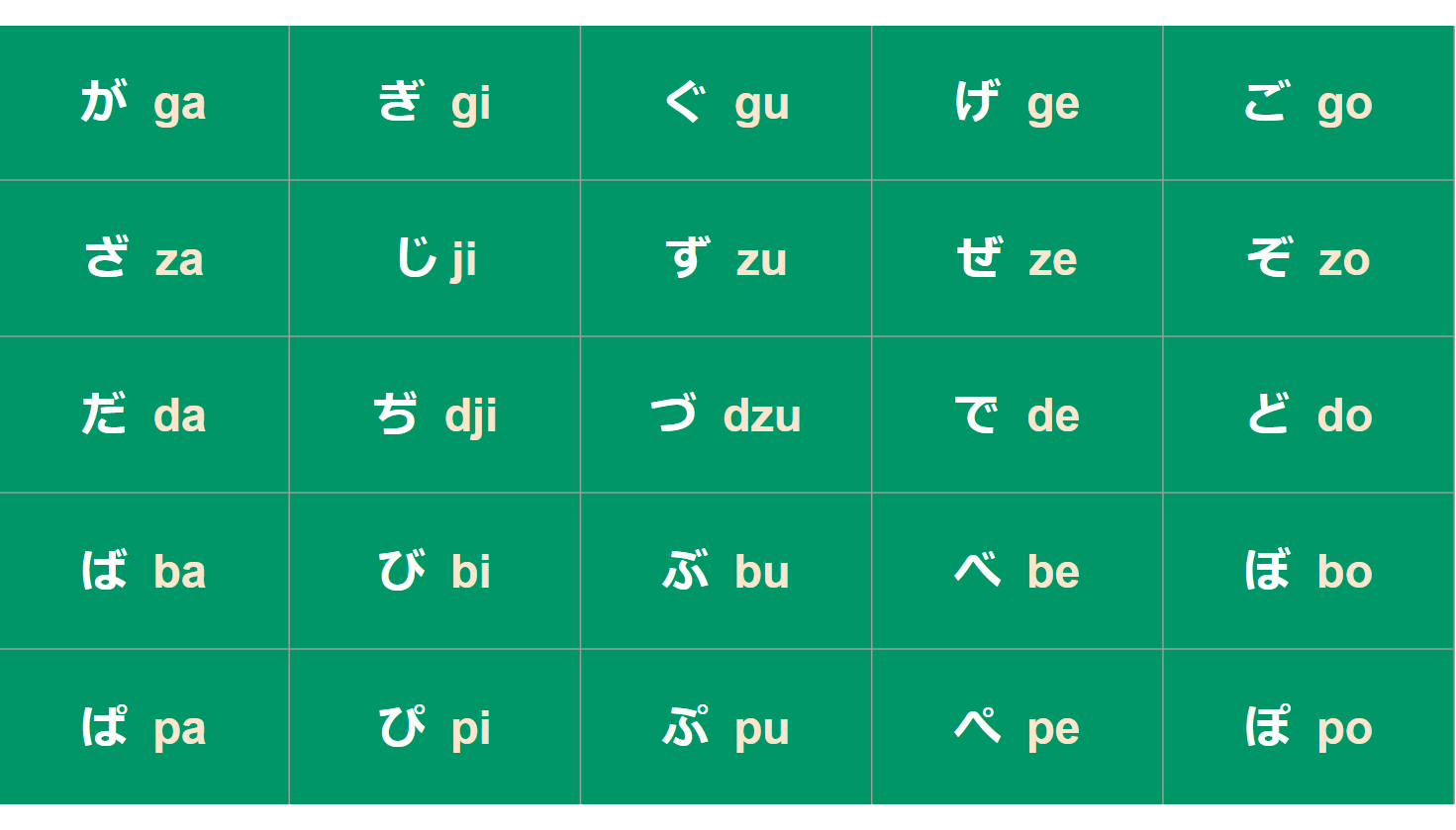

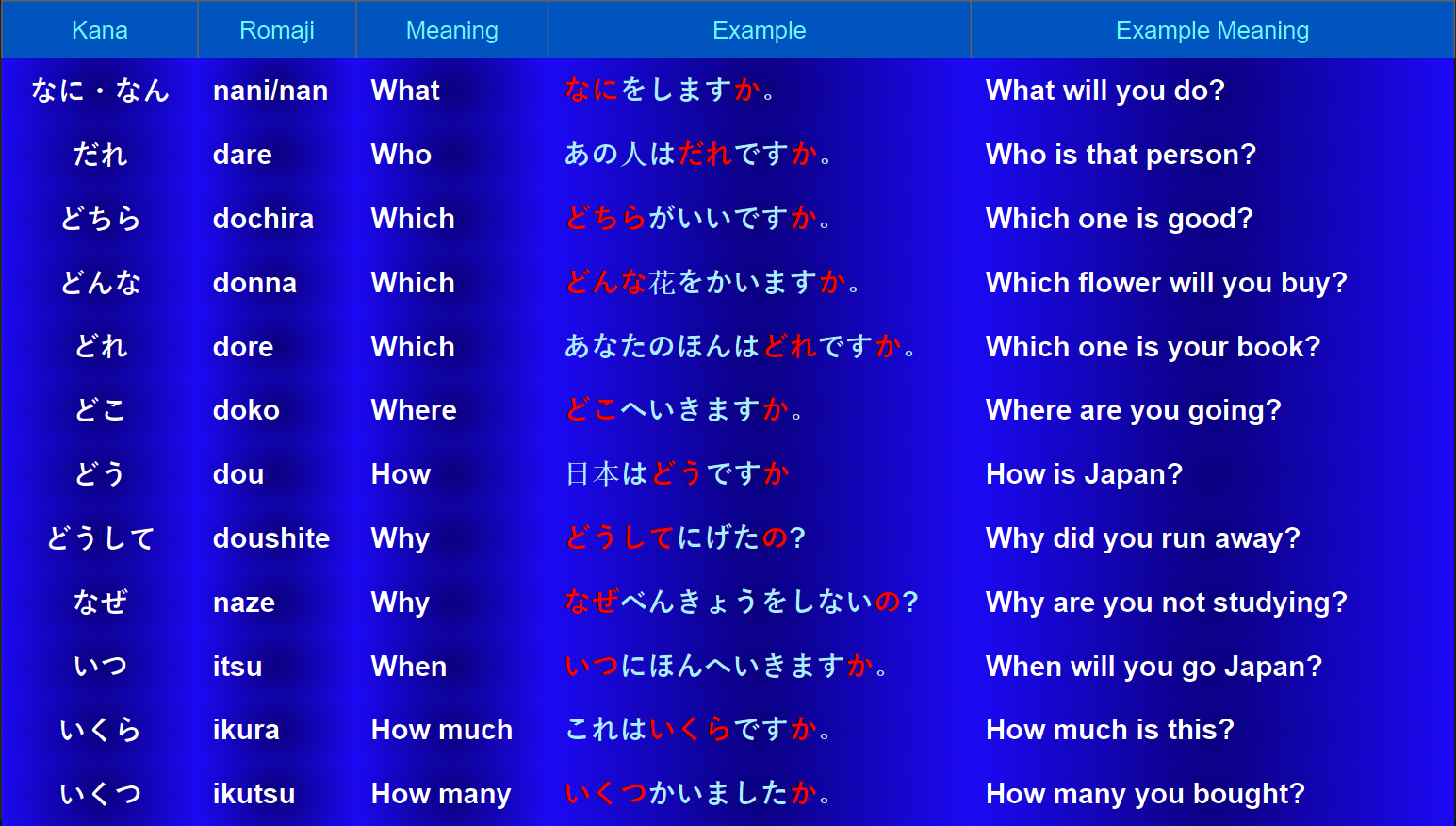

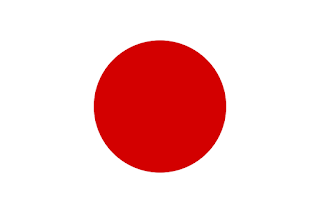
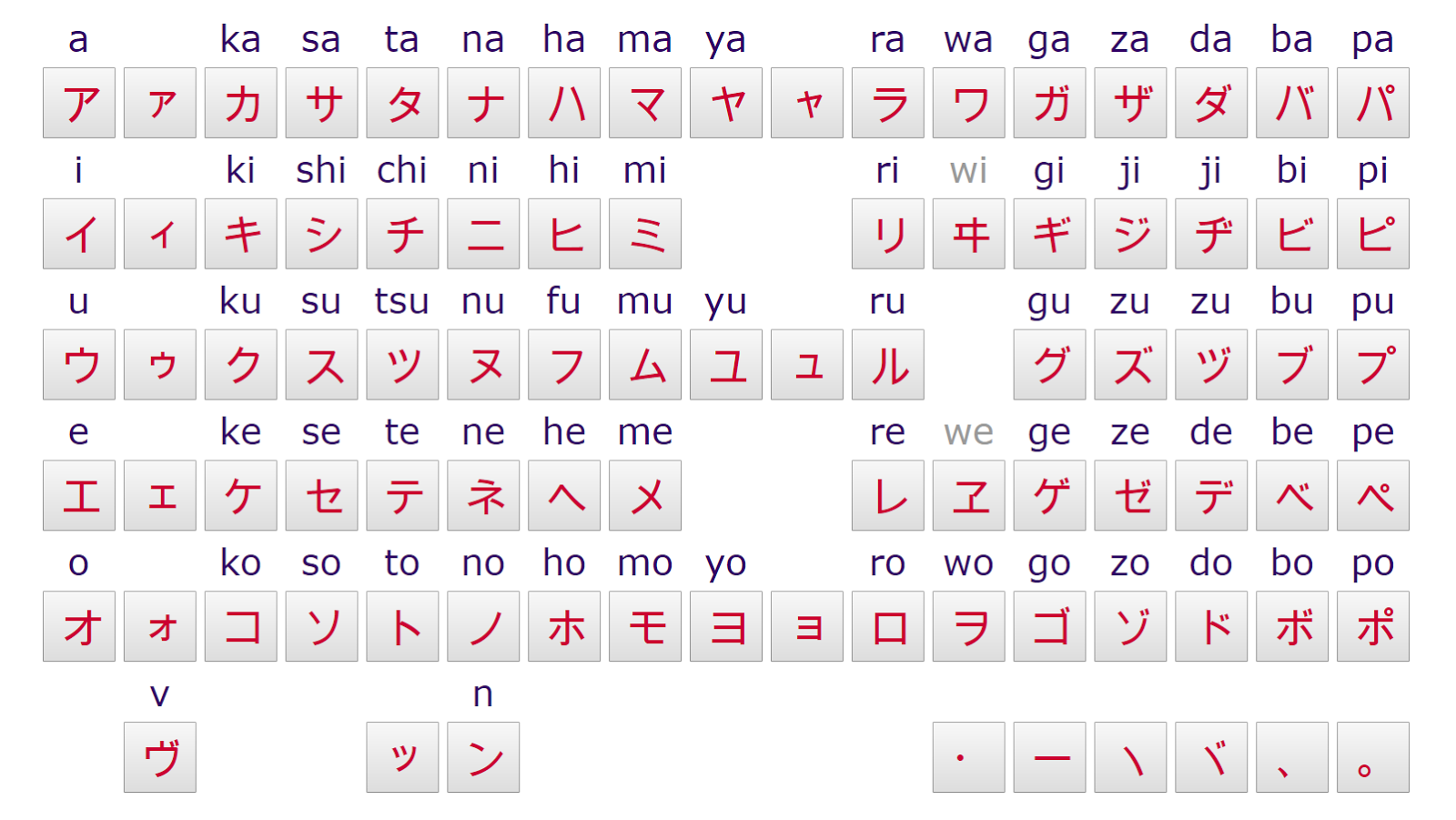
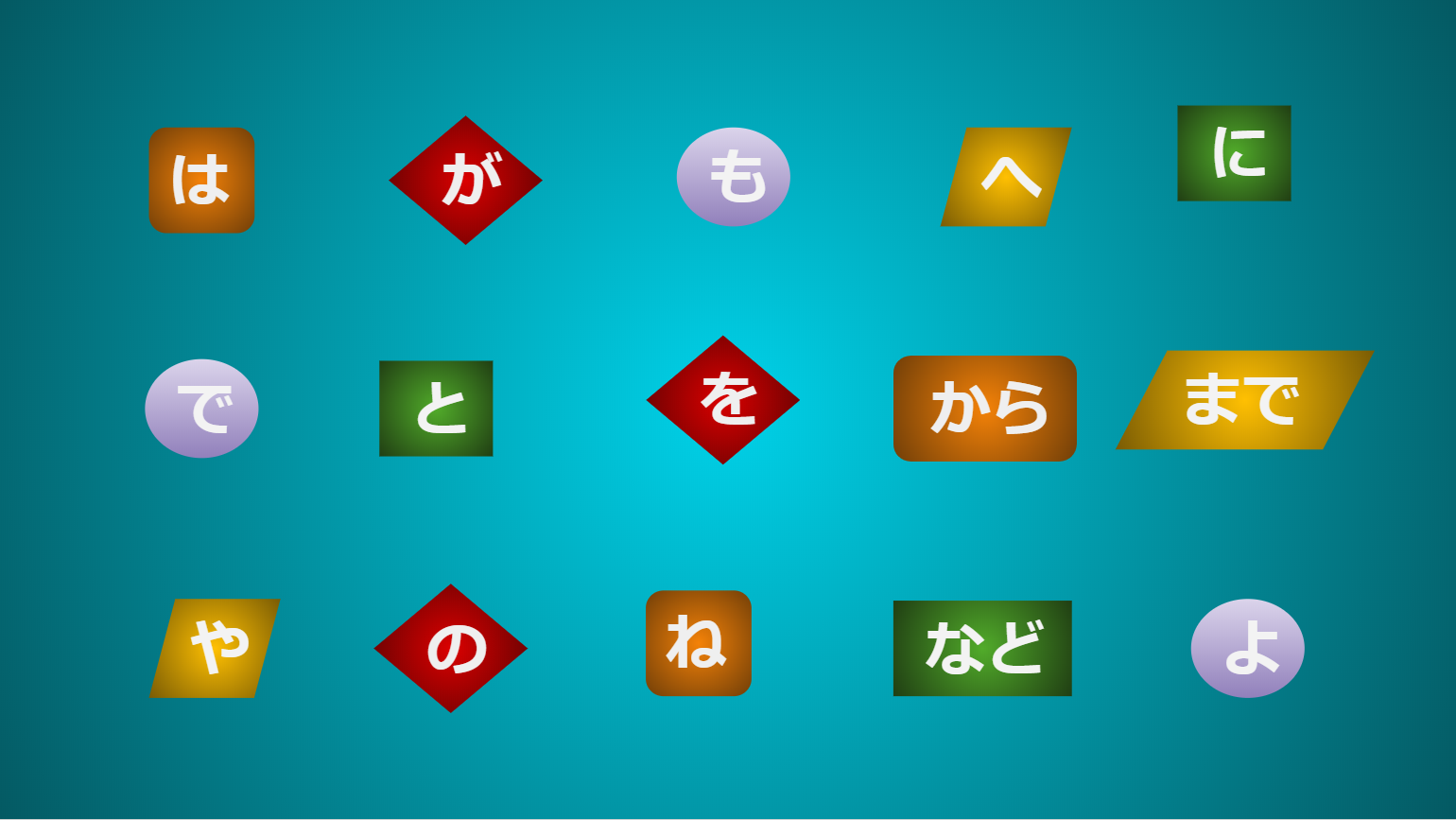
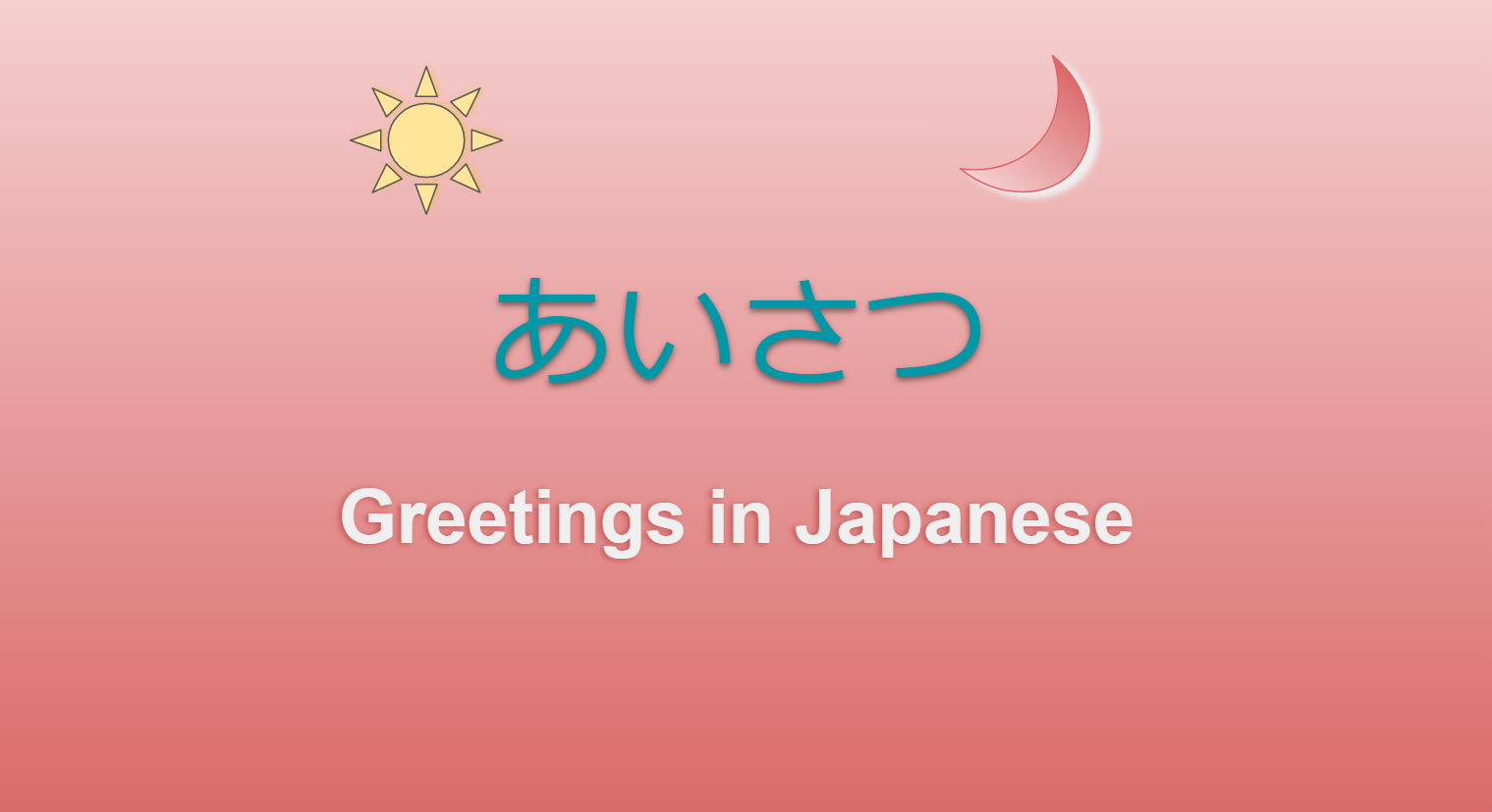
florcelKpoczoRochester Julie Lenz https://marketplace.visualstudio.com/items?itemName=lupdeneapi.12-Locks-And-Keys-gratuita-2021
ReplyDeletekeyronmosi